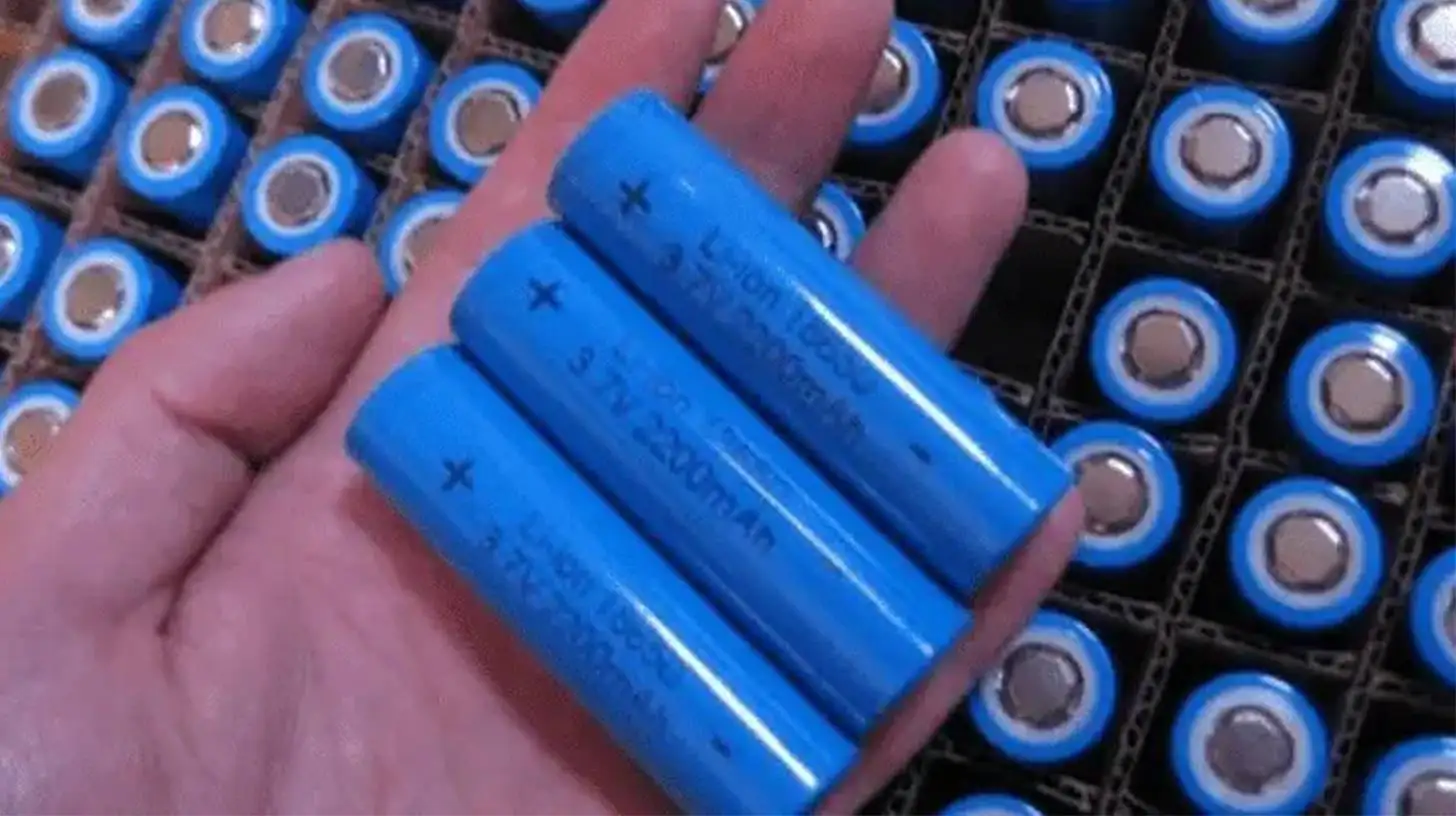The prismatic cells of a lithium-ion battery (Li-ion) are thinner and lighter than the cylindrical cells. Compared to their cylindrical counterparts, these rectangular cells have a long lifespan and are easier to keep cool due to their aluminum or steel housing.

#post_seo_title
Because of their high energy density, lightweight packaging, reliability, and small size, pouch cells are ideal for use in automobiles, drones, and ultra-thin laptops.
Also, pouch cells are used in technologies where weight and safety are concerns, but a decent cycle life (how many times a battery can be charged before it dies) and high energy density are also essential. You should still keep in mind that pouch cells are more expensive and often have less storage capacity, in addition to having a shorter lifespan.
Cylindrical vs. pouch cells have some important pros and cons – but the type of cell you ultimately choose will be determined by the application you’ll use it for.
- Since cylindrical cells are widely used and standardized, they offer better manufacturing techniques (which result in a more consistent product) than pouch cells.
- The cylindrical cell is much more resistant to deformation in high-pressure environments than the prismatic pouch cell.
- In comparison with prismatic or pouch lithium batteries, cylindrical lithium batteries are easier to weld.
- Although pouch cells are lightweight, humidity and high temperatures can damage them. In turn, this can lead to shorter lifespans and higher overall costs since more replacements will be necessary.
- In the event of a single cylindrical battery going bad, its impact on the entire pack is relatively small. In contrast, prismatic cells are susceptible to being compromised if one battery fails.
- As a result of better cycling, cylindrical cells are stable, inexpensive, standardized across industries, and they last a long time (thanks to their stability). Prismatic and pouch cells aren’t standardized across industries, making them more costly. Even so, rectangular shapes make good use of limited space, and hard shells can be stacked. A softer pouch cell should not typically be stacked.
- A cylindrical battery radiates heat and controls temperature better than a prismatic battery. There is a lack of effective thermal management in prismatic batteries, which causes them to die faster.
Batteries with prismatic electrodes have very little chemical activity at their edges and corners. Due to their low chemical activity, prismatic batteries’ performance decreases considerably over time. Compared to prismatic batteries, cylindrical batteries last much longer.
The characteristics of cylindrical, prismatic, and pouch cells vary depending on the intended use. Battery packaging technologies are continuously evolving, and these advantages and disadvantages are likely to change as well, including the removal of rare and expensive cobalt from lithium-ion battery designs.

